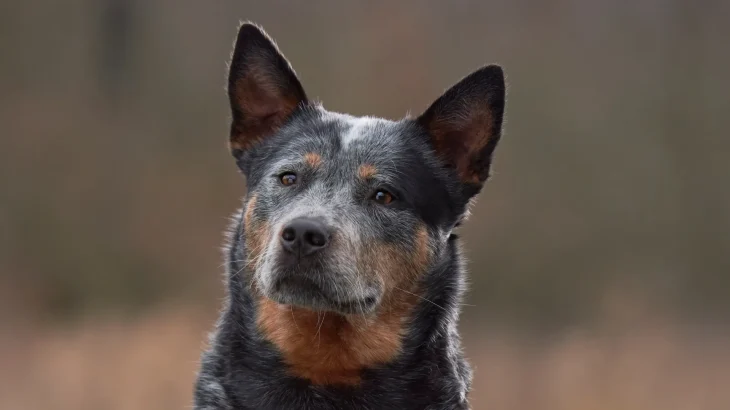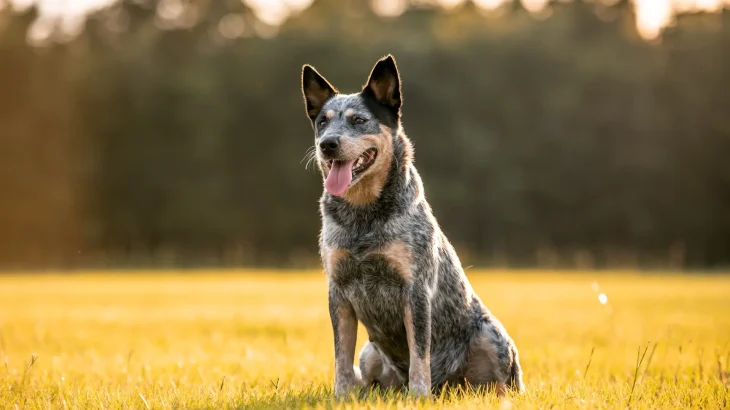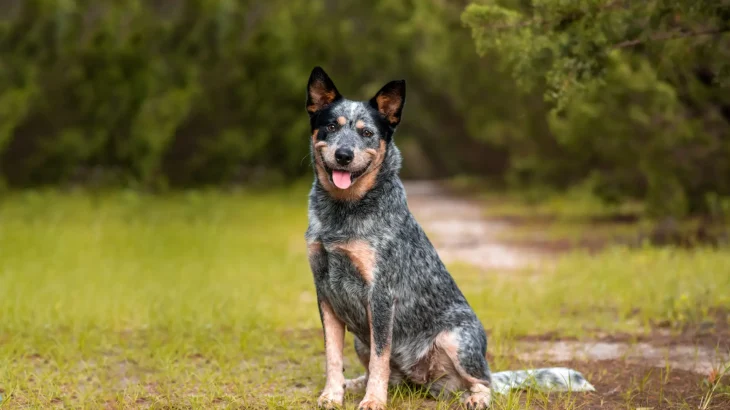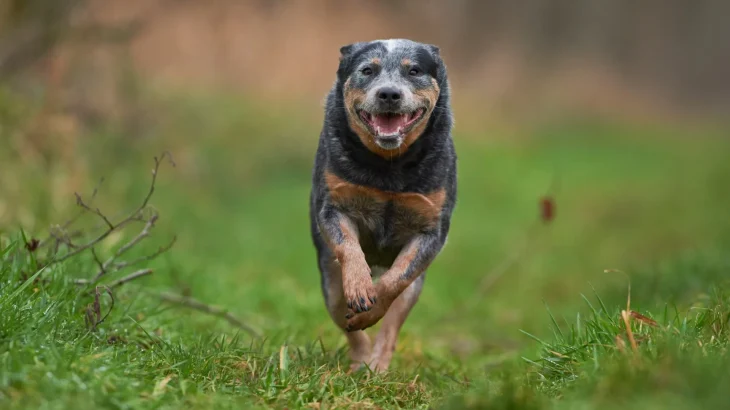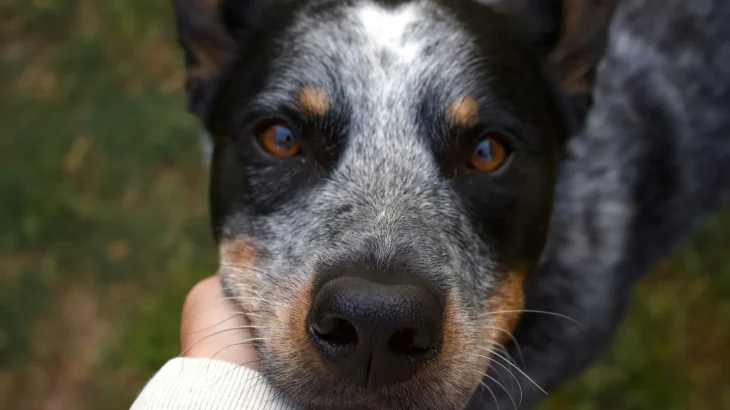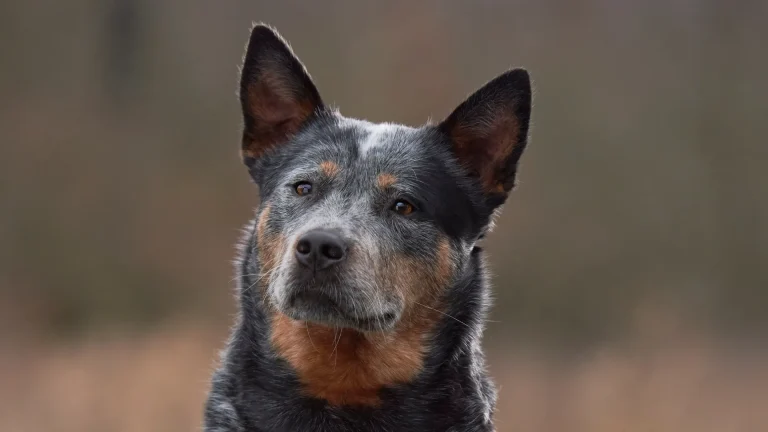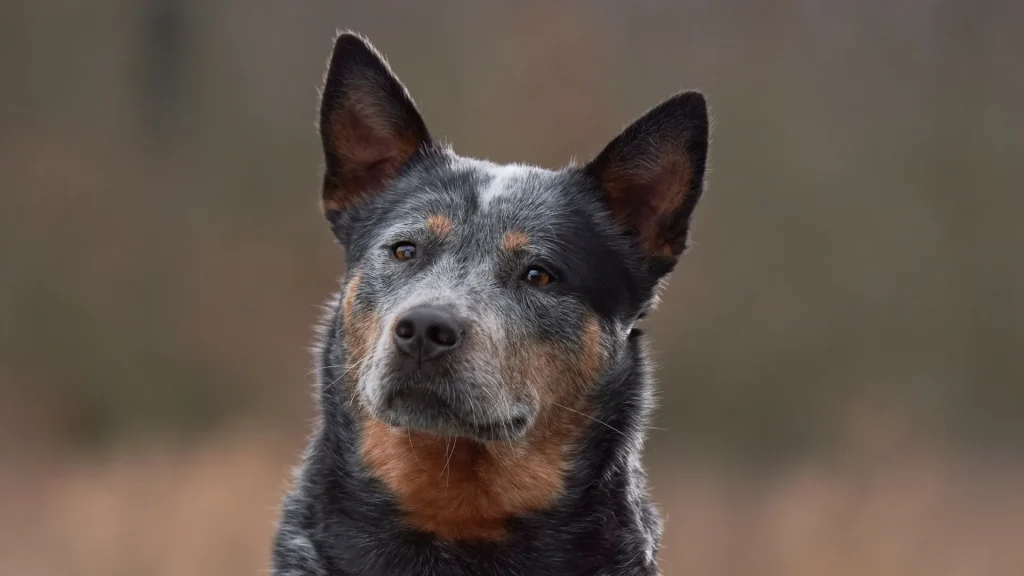When deciding to bring a Koolie puppy into your home, you can either adopt or buy from a breeder. Adoption gives a loving home to a dog in need, while buying from a breeder offers more control over the puppy's lineage and health background specific to the breed.
Adoption vs. Breeder: Pros & Cons
| Criteria | Buying from Breeder | Adopting from Shelter/Rescue |
|---|---|---|
| Cost | Usually higher upfront cost due to breed qualities and registration. | Lower fees, a more affordable way to add a Koolie to your family. |
| Health History | Breeders provide detailed health screenings and genetic info focusing on common Koolie disorders. | Health history might be incomplete or unknown, but many rescues perform health checks and vaccinations. |
| Age Availability | Usually available as puppies, allowing early training and bonding. | Varied ages including older dogs that may already be trained. |
| Temperament Insight | Breeders provide insights into lineage and expected traits. | Shelter staff may provide behavior observations though background info can be limited. |
| Supporting Practices | Supports responsible breeding programs maintaining Koolie standards. | Supports animal welfare by giving homes to dogs that might otherwise struggle. |
| Ethical Considerations | Important to choose ethical breeders to avoid contributing to overbreeding or puppy mills. | Promotes rescue efforts and reduces shelter overcrowding. |

